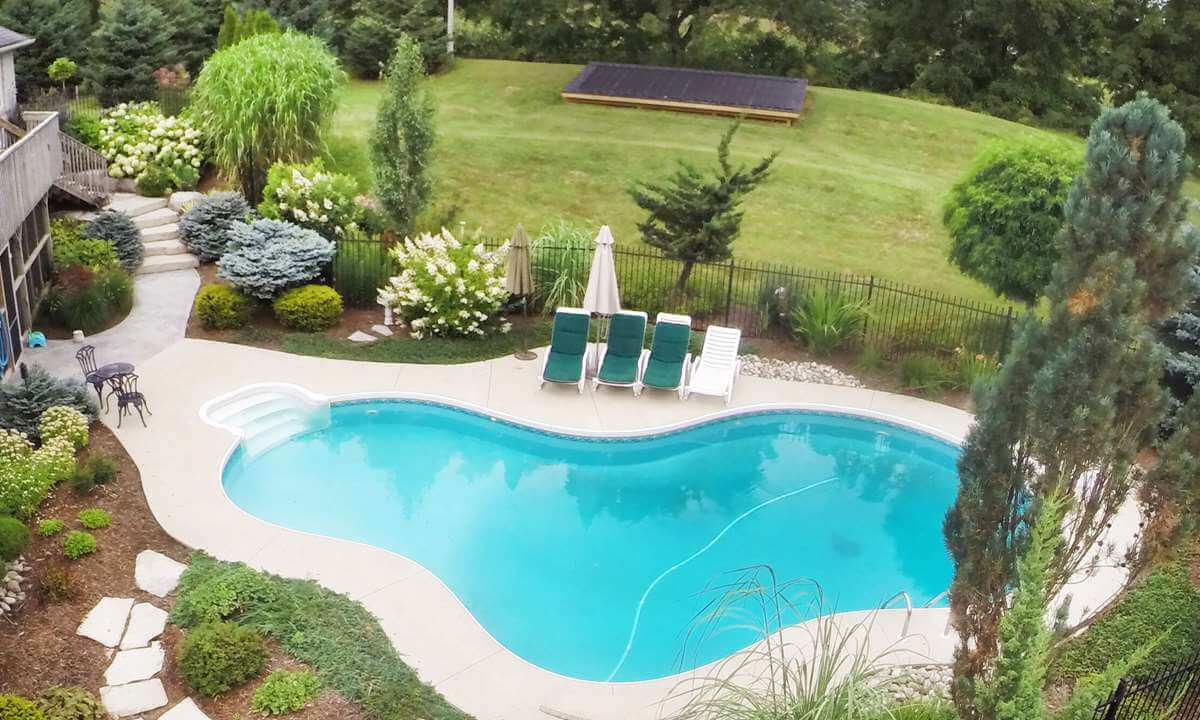Table of Content
If you prefer to research your options more, our guides to the systems you want to explore is a great next step. If you’re ready to get estimates on one or two system types, our Free Local Quote system makes it fast and convenient. The contractors are pre-screened to be licensed, insured and experienced. If you live in Zone 1, 2, 3 or 4, annual heating cost will be lower.
It is very much effective and efficient too at the same time. 5 Most Effective Heating Systems for Your HomeIf you were looking for ways to make your heating system effective then this article is surely for you. This article will guide you through the 5 most effective heating systems for your home.
A Visual Cost Comparison of Heating Options for Your Home
Although not ridiculously expensive, stove oil has a higher cost than both propane and natural gas, with the average household spending about $2,500 per household per winter season. Stove oil can be more efficient than heating with wood, however, and has efficiencies ranging from 80 to 90 percent. If you’re willing to swallow large installation costs, and then reclaim them slowly through subsidies, heat pumps are a great choice.
The highly efficient heating system is great to lower down the ongoing expenditures related to heating system bills. The top current efficiency is about 15 EER, so less than both mini split and geothermal. This exchange of heat takes place using a heat pump, water/glycol mix and loop system. A fuller explanation is available in our Geothermal Heat Pump Buyer’s Guide. Costs, brands and links to individual heat pump brand guides are included.
Heat Pump
This method is known to be more effective than a furnace, but pricey to maintain throughout its lifespan. A heat pump’s effectiveness is directly affected by weather conditions. In moderate climates, heat pumps are far more efficient than a furnace. Gas furnaces have an average cost of $750 to $1,200, with installation costs ranging from an additional $1,750 to $2,400.
The gas company is putting a line through my property and they will cut to length and stack the wood. I actually use both the natural gas and coal stove together. I have small computer fans bowing the air from room to room.
The Type of Fuel Heating Your Home
For colder climates, homeowners should consider natural gas furnaces with condensing technology as they deliver heat with an energy efficiency of over 90% and reduced environmental impact. Heating systems are vital especially for homes in colder climates. However, choosing the correct system for your home is probably more complex than you may think. While the purchase price is often one of the main factors to consider when making any big purchase, with heating, running costs and energy losses can create significant long-term expenses.
Using natural gas, you will be dependent on the infrastructure necessary to bring it to your home, but the cost savings may be worth it. While natural gas heaters often have standard efficiency comparable to propane stoves, your heating costs will be drastically lower. The state of Massachusetts reported a winter home heating cost of over $3,000 for propane users in 2014, while that number for natural gas users was closer to $1,200. A geothermal system is also called a ground source heat pump. The system collects heat from the sun that is stored in earth or water that maintains a fairly constant temperature all year. The refrigerant in the heat pump condenses that heat, providing enough to heat homes in the coldest climates.
Whether it is electric fireplaces, baseboard heaters, or heat pumps, electric heat may be a great choice for some. Perhaps the biggest drawback of electric heat is the cost. While it is the most efficient heat source in terms of energy usage, the amount of electricity needed to heat a home can be very high.

These days, boilers are still common, but typically new homes do not have them due to their higher upfront costs. The high-efficiency heating systems use mostly natural gas furnaces to heat the air, but can also be powered by propane, oil, or electricity. When it comes to the efficiency of energy being used to produce heat, electric heat is by far the most efficient. Electric heat uses 100% of the energy being used to produce heat. This outperforms every other heating system on the market in terms of efficiency. With several different ways to use electric heat, it is also a popular heating system because it gives consumers options.
This is because they let you control the temperature room by room. Radiator valves control the heat of the radiator they’re connected to – while thermostats control a larger area of the home. This means that the longer you have the heating on, the more heat will be lost. That’s because your heating will need to power up at regular intervals, to make up for the warmth that’s escaped. In weighing up cost-efficiency of different units, look for the star rating on the Energy Rating label and compare current deals.

I dropped 25 gallons of propane use when I installed these two appliances each month, including in the winter. When a bitter cold forecast comes to fruition, homeowners are keenly aware of what it takes to keep the house warm. There is no boilerplate answer to choosing the best heating source. Factors such as climate, lifestyle, and budget all play a part in deciding the most practical system.
A step up from the electric boiler, is the electric furnace, while it is equally costly to run due to the energy source being electricity, furnaces don’t require water, so can’t freeze up. However, apart from expense, electricity is considered the least clean fuel. Considering the production of electricity traditionally requires burning fossil fuels, this leads to high air pollution, and electric plants are generally only 33-45% efficient. Heat pumps can be mounted to the wall, floor, ceiling or ducted throughout the house. One of the newest heating systems on the market is geothermal heat.

They use technology similar to air conditioners but in the reverse direction. Heat pumps do not generate heat but move it from one place to another. They are designed to extract the heat from the air, ground, or water and deliver it to a house utilizing an air handler. Except heating, such systems can also be used for cooling your home. We live within the boundries of the Manistee National Forest in N.W. We get Federal fuel wood permits good for 5 full cords per permit.
Since its inception in the 1990s, geothermal heat has become the fastest-growing heating system on the market today. While it was not widely accepted at first, geothermal heat can be a great alternative for those who want to heat their homes without relying on oil or where gas is not available. In the past, it was difficult to find a heating company that could work on a geothermal heating system. UGI Heating, Cooling & Plumbing has worked with geothermal heating and can certainly fulfill your needs. Piping that is in the ground brings up heat stored in the earth and sends it to a compressor that regulates the temperature to heat the home. A geothermal system can be quite costly to install and may have an impact on your electricity usage, but eventually, the system may end up paying for itself.

Choosing a fuel source can seem overwhelming when trying to balance both cost efficiency and heating efficiency. The biggest advantage of this feature is to ensure switching off when the heater has achieved your chosen temperature. There are many types of thermostatic controls, such as a plug-in timer, plug-in thermostat, and built-in thermostat. Flexible, controllable, and heavy-duty, the De'Longhi Mica Thermic Panel Heater HMP1500 is always our go-to choice when it comes to the best wall-mounted electric heater.


No comments:
Post a Comment